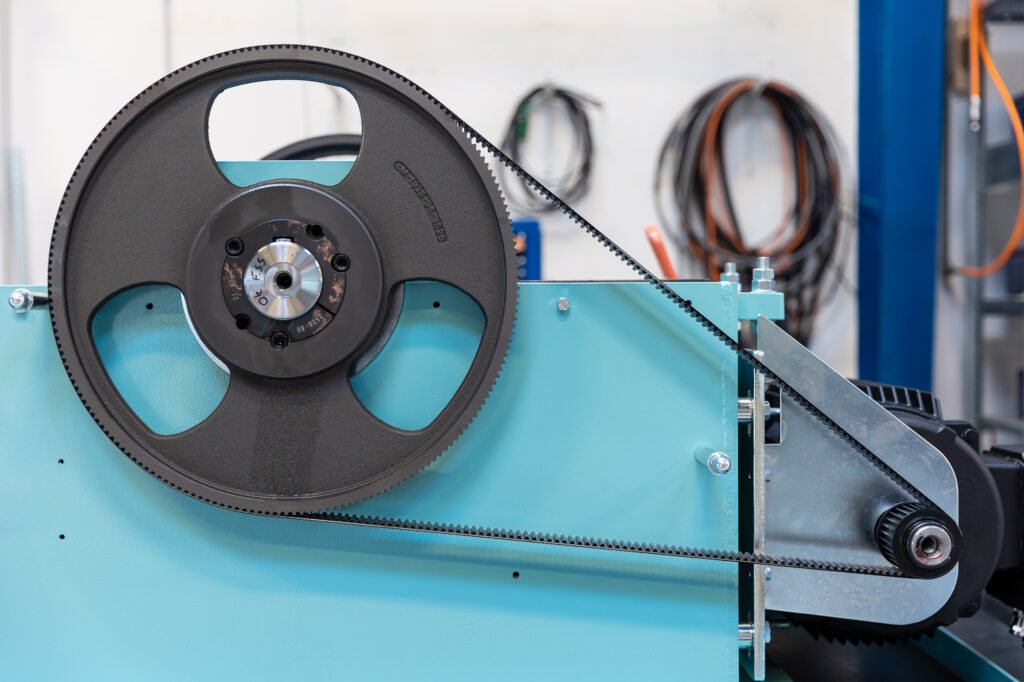
Why Managing Marine Engine Vibrations Is Critical for Fleet Performance
The Hidden Costs of Marine Engine Vibrations
Marine engine vibrations are more than just an inconvenience; they pose a serious risk to vessel efficiency, equipment longevity, and crew well-being. Excessive vibrations can accelerate wear and tear on key components, increase fuel consumption, and even lead to structural damage. Additionally, critical navigation equipment is highly sensitive to excessive vibrations, which can result in inaccurate readings, compromised operational decisions, and costly repairs. Addressing these issues is crucial for shipowners looking to maintain optimal fleet performance and compliance with international maritime regulations.
Impact on Vessel Efficiency and Fuel Consumption
Uncontrolled vibrations in two-stroke and four-stroke marine engines lead to mechanical inefficiencies. Studies show that excessive vibrations can:
- Increase fuel consumption by up to 5% due to suboptimal engine performance.
- Cause misalignment in propulsion systems, reducing propulsion efficiency.
- Accelerate wear on bearings, couplings, and shafts, leading to costly repairs.
Jens Ulrik Nielsen, Head of Sales at G&O Compensators, explains:
“When a ship’s engines generate excessive vibrations, operators experience increased maintenance costs and efficiency losses. By installing vibration compensators, we can mitigate these issues, ensuring smoother and more reliable operations.”
Structural Damage and Maintenance Costs
Unaddressed vibrations can lead to long-term structural damage, including:
- Cracks in the hull and superstructure due to resonant frequencies.
- Premature fatigue in engine mounts, leading to misalignment and breakdowns.
- Higher maintenance cycles and unexpected downtime, which can cost shipowners millions annually.
A recent case involving the Maersk Bahamas demonstrated the impact of vibration reduction. After installing a G&O compensator, the ship reported:
- Significantly reduced structural vibrations.
- Lower engine component stress, extending equipment lifespan.
- Improved crew comfort, contributing to better working conditions.
According to Chief Engineer Decebal Ionescu:
“The difference is not just visible in the data – it’s something you can physically feel. Crew members immediately noticed the improved onboard stability.”
The Role of Vibrations in Vessel Performance
Vibrations in marine engines affect the entire vessel, including operational stability and energy efficiency. Excessive vibrations can:
- Create turbulence and inefficiencies in two-stroke engine vibrations, leading to inconsistent power output.
- Increase friction and strain on propulsion systems, affecting vessel manoeuvrability.
- Amplify resonance across structural components, weakening the ship’s integrity over time.
- Disrupt the accuracy of navigation equipment, leading to miscalculations and increasing the risk of operational inefficiencies and financial losses.
By addressing these vibrations in vessels, shipowners can prevent costly repairs and extend the service life of essential equipment.
Crew Health and Regulatory Compliance
IMO regulations mandate vibration control to improve crew welfare and ensure safe working conditions. Prolonged exposure to excessive vibrations can lead to:
- Fatigue and sleep disturbances among crew members.
- Increased risk of physical strain injuries.
- Decreased job satisfaction and retention rates.
By implementing advanced vibration management systems, shipowners can not only enhance crew safety but also ensure compliance with IMO’s MSC.266(84) guidelines on habitability.
The Role of G&O Compensators in Fleet Optimisation
G&O Compensators has developed cutting-edge solutions to eliminate harmful vibrations at the source. Our compensators:
- Reduce vibration levels by up to 80%, extending machinery lifespan.
- Improve energy efficiency by optimising engine performance.
- Require minimal maintenance, ensuring long-term operational stability.
With over 1,300 installations globally, our solutions have helped leading shipping companies achieve measurable savings and compliance with maritime regulations.
Conclusion: A Competitive Advantage for Shipowners
In an industry where operational efficiency is paramount, addressing marine engine vibrations is no longer optional—it’s a strategic necessity. Investing in the right vibration management solutions can deliver:
✔️ Lower maintenance costs
✔️ Improved fuel efficiency
✔️ Enhanced crew safety and comfort
✔️ Extended equipment lifespan
For shipowners aiming to maximise fleet performance, vibration control is a key factor in ensuring long-term reliability and cost savings.
Want to learn more? Contact G&O Compensators today and see how our solutions can transform your vessel’s stability and efficiency.
